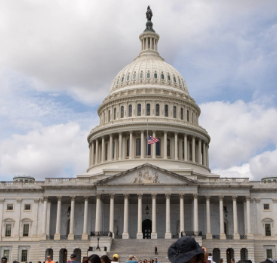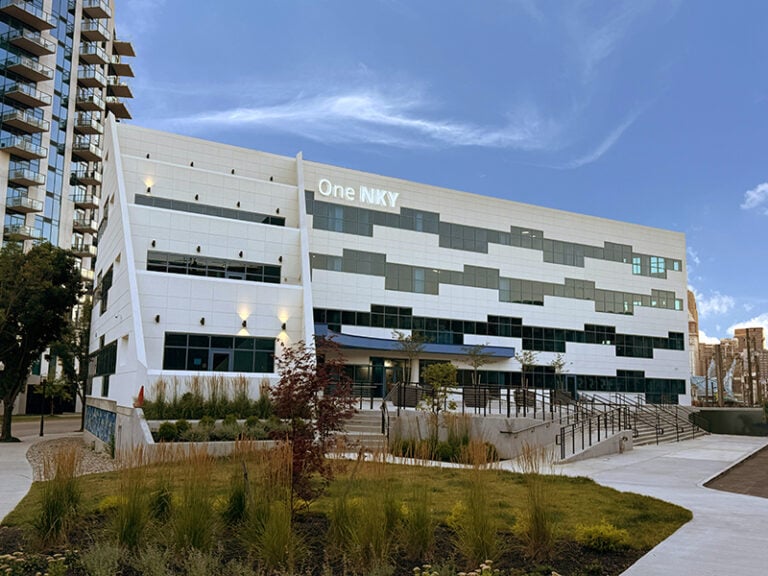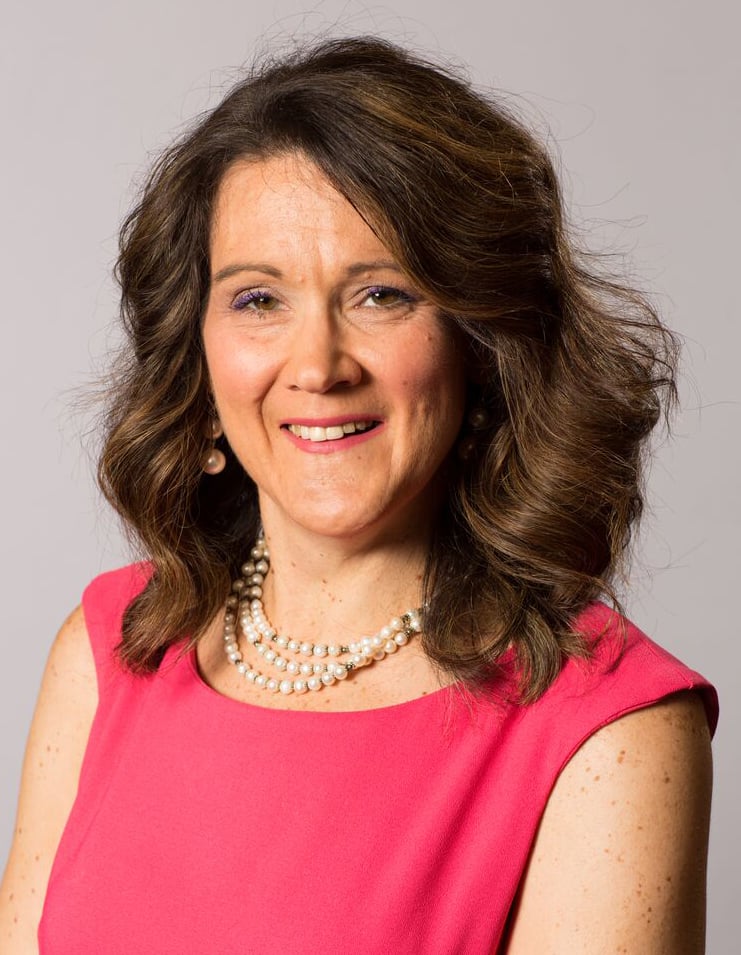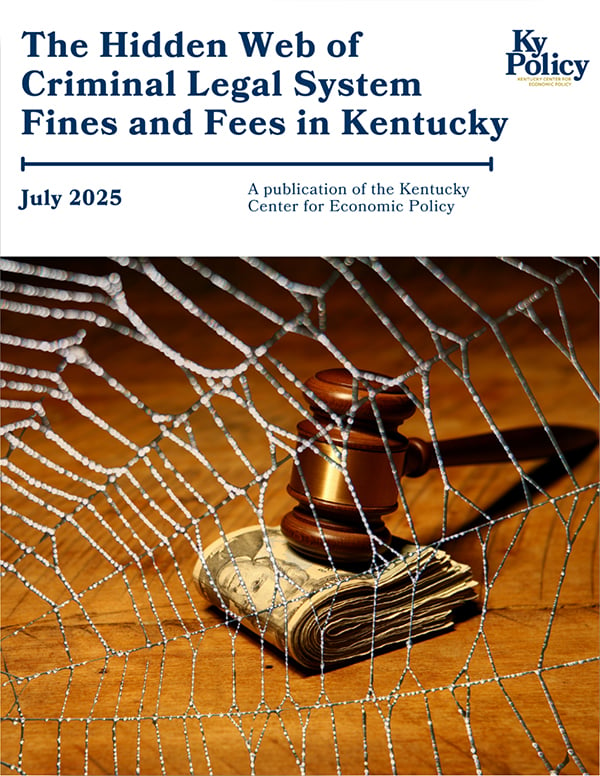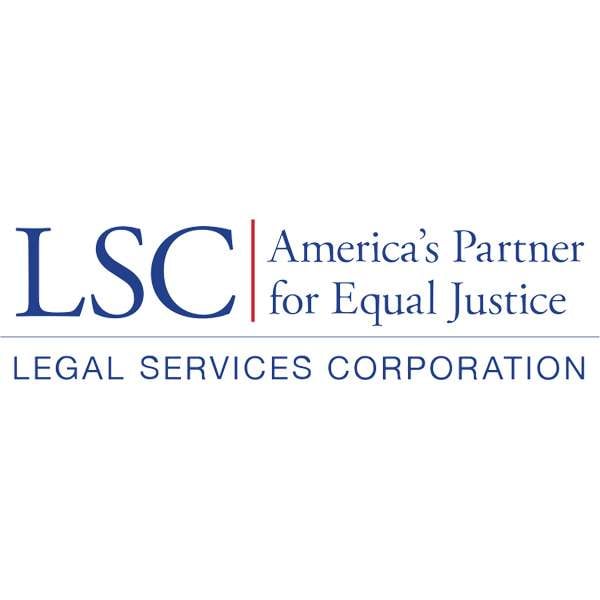Over these past few years there has been a lot of change and pressure across our economy and our health care system, in particular the demand on independent pharmacies. Independent pharmacies stimulate small business ownership within rural economies across America. They catalyze job creation while understanding the cultural awareness and attentiveness required of the communities they serve.
According to a national survey of 1,390 adults, 85% prefer getting prescription drugs from a local pharmacist instead of a mail-order service. However, even though independent pharmacies have earned unparalleled trust from their customers, they can be difficult to sustain.
In fact, between 2003 and 2018, 16.1% of all independently owned rural pharmacies were forced to close their doors for good.

Independent pharmacy ownership can be challenging even at the best of times due to a highly competitive market and shifting demands. To streamline many back-office pharmacy tasks, some independent pharmacies employ Pharmacy Service Administrative Organizations (PSAOs) to provide additional administrative support.
PSAOs allow pharmacists to focus on patient care and not spend precious time and recourses navigating the intricacies of America’s healthcare supply chain. They have responsibilities similar to office administrators and operation managers. PSAOs provide additional administrative infrastructure by managing insurer and PBM relationships, providing operational and transaction support for incoming/outgoing prescriptions, and providing health crisis-related support.
With an affordable fee of about $200, PSAOs provide a wealth of support to allow independent pharmacists to prioritize providing quality care for their clients.
Pharmacy Service Administrative Organizations also help pharmacies remain viable and competitive in the face of adversity. This was especially true during the COVID -19 pandemic. During the pandemic, independent pharmacists like mine had to make many changes to our business model to best serve our clients and community. I am proud that my pharmacy offers free home delivery county-wide to ensure elderly and vulnerable patients have access to the medications they need. Having said that, I would not be able to provide this service for free to my most vulnerable patients if I needed to allocate staff and recourses to the many tasks completed by PSAOs.
Yet because most operations that PSAOs perform are not in the view of patients, there is often much confusion regarding the nature of their work. So much so that they often get confused with pharmacy benefit managers (PBMs). PSAOs and PBMs play entirely different roles within the healthcare supply chain, and it is essential not to conflate the two. PBMs directly affect the overall price of medications by negotiating with insurers, drug manufacturers, and pharmacies. PSAOs, on the other hand, do not influence prescription medication costs, what a patient pays for their medication or any other part of the healthcare system. They exclusively perform administrative tasks in relation to the independent pharmacy they are employed to support.
I implore our elected officials to realize the critical infrastructure that PSAOs provide to Kentucky’s health care system, in particular to rural communities. These entities allow for many independent pharmacies like mine to remain in business across America and serve their communities. Now more than ever, having informed and seasoned professionals to help navigate the complex health care supply chain is essential. A good team behind you in these uncertain times can make a major difference in the fight to keep independent pharmacy doors open to serve patients and their communities.
Jonathan Grider, PharmD, is a pharmacist in Russell Springs and member of EPIC Pharmacy Network, a PSAO organization.










